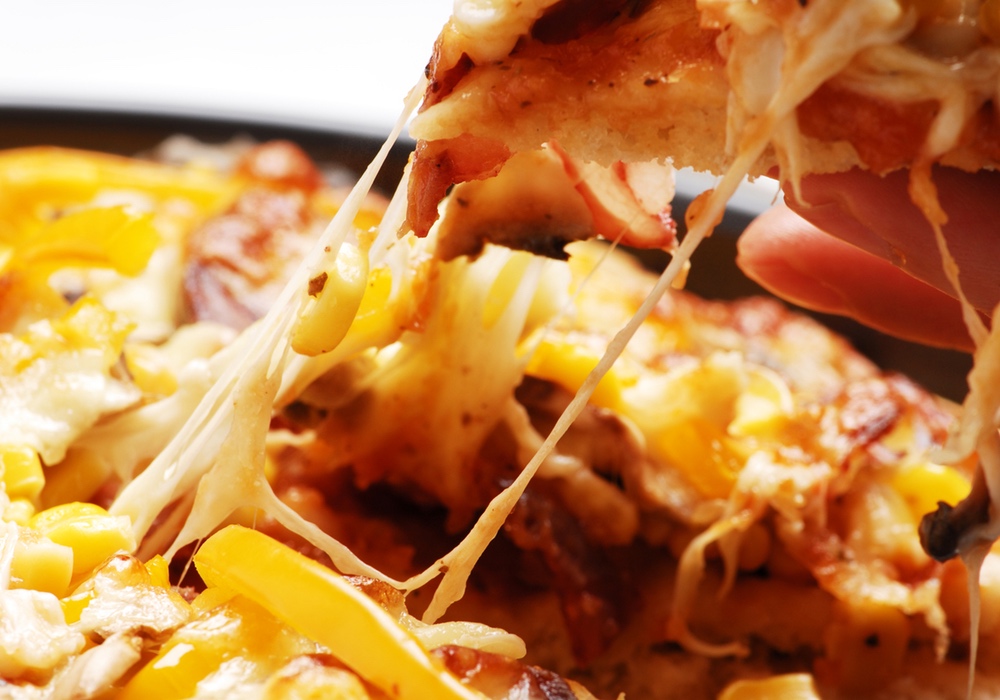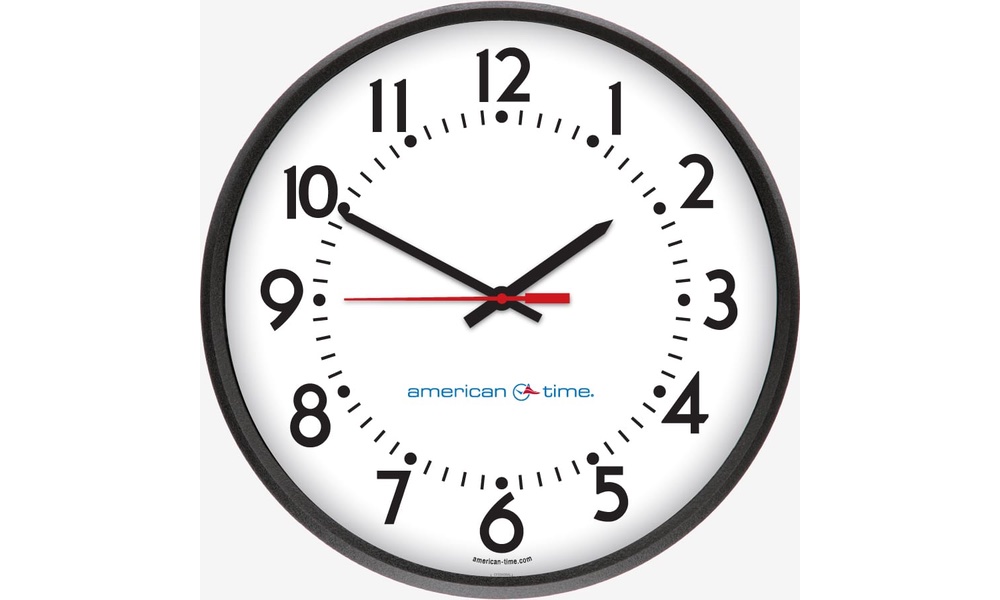They are blamed for the epidemic of overweight, obesity, metabolic syndrome and type 2 diabetes. They are associated with gout and kidney stones. They cause cavities. They are sugar-sweetened beverages (SSBs).
SSBs are typically sweetened with high fructose corn syrup and considered to be the main source of added sugar in the American diet. They are hard to avoid.
There are 140 to 150 calories per 12-ounce serving of Coke or Pepsi; 180 calories in a bottled 9.5 ounce Starbucks frappucino, and 150 calories in 12 ounces of canned lemonade.
This makes sticking to the American Heart Association recommendation that we limit our intake of sugar-sweetened beverages to 450 calories per week a considerable challenge.
A recently published review of studies investigating the link between sugar-sweetened beverages and a high-risk health condition gives us another reason to rein in our SSB consumption.A study from the Harvard School of Public Health contends that sugar sweetened beverages account for 25,000 deaths a year in the United States.
Researchers looked at 12 studies enrolling over 400,000 people ages 12 years and older that tracked SSB intake and the development of elevated blood pressure readings.
Ten of the twelve studies showed a relationship between increased blood pressure and consumption of SSBs. The remaining two, while not statistically significant, showed a trend toward the same conclusion.
For example, one study found that for each eight ounces of sugar-sweetened beverages consumed daily, there was a 0.16 mm increase in Systolic pressure . A similar study showed a 1.6 mm increase in systolic blood pressure for each 12 ounce serving increase per day, a serious upward change.
In fact, the authors cite research from Harvard's School of Public Health that contends that SSBs account for 25,000 deaths a year in the United States.
When systolic blood pressure is decreased by 2 mm, the expected deaths from stroke fall by 10%. A similar reduction in diastolic BP may account for a 17% reduction in prevalence of hypertension, 6% reduction in coronary heart disease, and a 15% reduction in stroke.
There are many potential explanations for why SSBs have such a negative effect on blood pressure. It may be a direct result of weight gain and the development of metabolic syndrome from the increased calorie intake. It may be the effect of high fructose corn syrup on the body’s balance of nitric oxide, a compound implicated in blood pressure control. Or sugar intake may affect the amount of sodium in the body causing fluid retention.
While the researchers acknowledge that it is not yet clear what is a reasonable intake of SSBs, they maintain that their study, along with previous research, suggests that having more than one serving of SSBs per day is associated with higher risk of hypertension, and that persistent long-term consumption of SSBs might lead to the development of hypertension and eventual cardiovascular events.




